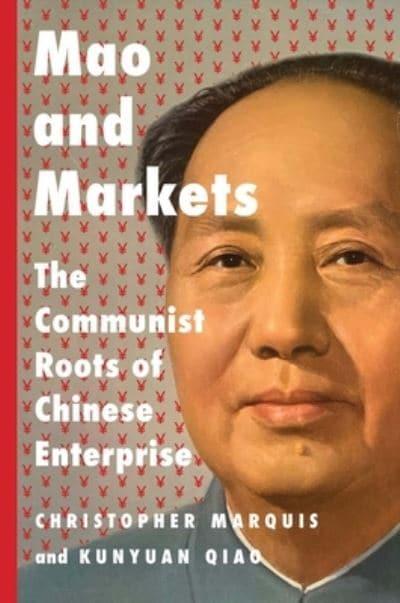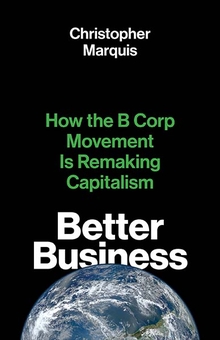Mao and markets
the Communist roots of Chinese enterprise
- ISBN: 9780300263381
- Editorial: Yale University Press
- Fecha de la edición: 2022
- Lugar de la edición: New Haven. Estados Unidos de Norteamérica
- Encuadernación: Cartoné
- Medidas: 24 cm
- Nº Pág.: 384
- Idiomas: Inglés

A thoroughly researched assessment of how China's economic success continues to be shaped by the communist ideology of Chairman Mao
It was long assumed that as China embraced open markets and private enterprise, its state-controlled economy would fall by the wayside, that free markets would inevitably lead to a more liberal society. Instead, China's growth over the past four decades has positioned state capitalism as a durable foil to the orthodoxy of free markets, to the confusion of many in the West.
Christopher Marquis and Kunyuan Qiao argue that China's economic success is based on-not in spite of-the continuing influence of Communist leader Mao Zedong. They illustrate how Mao's ideological principles, mass campaigns, and socialist institutions have enduringly influenced Chinese entrepreneurs' business strategies and the management of their ventures. Grounded in case studies and quantitative analyses, this book shows that while private enterprise is the engine of China's growth, Chinese companies see no contradictions between commercial drive and a dedication to Maoist ideology.
Introduction
Part I: Mao Zedong, Maoist Principles, and Private Business in China
1. Maoism-Communism, Chinese- Style
2. Mao's Lasting Influence on China
Part II: Mao's Ideological and Military Principles and Private Enterprise
3. Nationalism and Internationalization
4. Frugality and Cost Reduction
5. Devotion and Social Contribution
6. Mao's Military Thought and Business Strategy and Management Part III: The Effects of Mao's Mass Campaigns: The Great Leap Forward, the Cultural Revolution, and the Third Front
7. The Great Leap Forward and Resource Use
8. The Cultural Revolution and Institutional Confidence
9. The Third Front Construction and Private Entrepreneurship
Part IV: The Effects of Mao's Socialist Institutions: Political and Economic Systems
10. The Political System and Private Enterprises in China
11. The Socialist Economy and Private Firms in China
Conclusion







